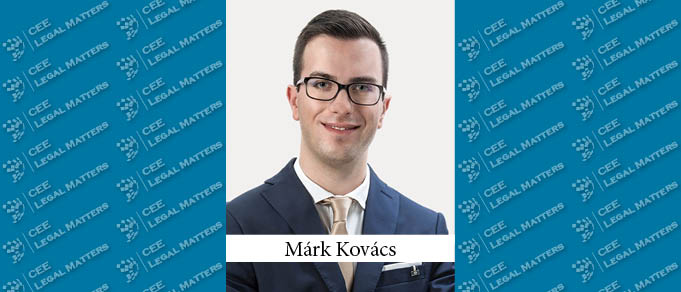In response to the ongoing COVID-19 pandemic, on 6 August 2021 the Hungarian Government issued Decree No. 474/2021 on the different application of the Patent Act (Act XXXIII of 1995). According to the decree, patent applications filed after the entry into force of this decree will not be subject to a maintenance fee for the first three years of patent protection. The decree was promulgated on 6 August 2021 and will remain in force until the end of the state of emergency related to COVID-19.
Although no reasoning was provided to the decree, the decree is in line with the Government's aim to encourage research and development. Lifting part of the financial burden of obtaining patent protection on innovations may boost Hungary's innovation performance and facilitate economic growth disrupted by the pandemic.
The owner of a patent has exclusive rights to exploit the invention. Without exclusive rights through patent protection, there would be no chance of a return on research and development activities, since other companies could copy the results and enter the market with the same product while spending nothing on their own development process.
Exclusive rights over a patented invention give the patent owner absolute discretion over whom they grant licences to and how they exploit the invention. However, especially in the middle of a worldwide health crisis, this poses a risk that holders of patents for things like medical products, active substances, procedures and equipment needed to fight the pandemic would not be able to ensure the required supply. To address this contradiction, the Hungarian legislator modified the Patent Act and introduced the public health compulsory licence. The new rules have been in effect since 18 June 2020. If the Hungarian Intellectual Property Office grants a compulsory licence to the applicant, the applicant will obtain the right to exploit the invention, e.g. to manufacture and sell a patented drug. Although the patent owner is entitled to a fair licence fee for the compulsory licence, the patent owner is still deprived of its exclusive right to decide on the exploitation of the invention.
Conclusion
The Government seems to be giving with one hand and taking away with the other. It is to be seen how the discount offered on maintenance fees may offset the potential negative implications of the newly introduced public health compulsory licensing hanging over the heads of patent owners like a sword of Damocles.
Nevertheless, as the discount on maintenance fees is offered only on patent applications filed before the end of the state of emergency, we encourage all innovators to take advantage of this non-recurring opportunity.
By Mark Kovacs, Attorney at Law, Schoenherr
